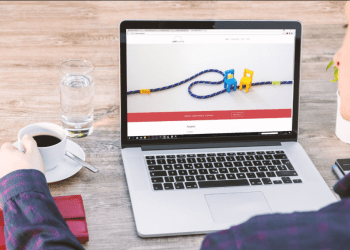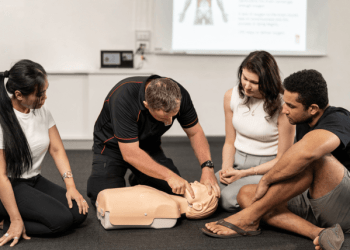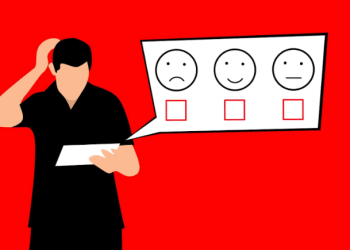In the past, COVID-19 has killed many people all over the world. It’s also a significant threat to public health, food systems, and the workplace. There would be a lot more poverty and hunger in the world if there were a large epidemic. There are already 690 million people who aren’t getting enough food.
There are a lot of businesses that could go out of business. As many as half of the world’s 3.3 billion people could lose their jobs because of climate change. As a result of losing their productive assets, most informal economy workers don’t have social protection or good health care, making them even more vulnerable. Many people cannot feed their families when there is a lockdown because they don’t have the means to make money. There is less food, and it isn’t as good for most people if you have no money.
The points to consider here:
- The pandemic has shown how vulnerable the food supply chain is. Farmers and agricultural workers have been unable to get to markets because of border closures, trade restrictions, and confinement measures. They haven’t been able to buy inputs or sell their products. Consequently, food supply chains in both the United States and worldwide have been thrown off, making it harder for people to get healthy, safe, and diverse diets. As a result of the pandemic, millions of people could lose their jobs and put their lives at risk. In low-income countries, where small-scale farmers and indigenous peoples are most at risk, breadwinners lose their jobs, get sick, or die. Millions of women and men are at risk because they don’t have enough food and aren’t getting enough nutrients.
- Millions of people who work in agriculture are both paid and self-employed. They work hard to feed the world, but they also have to deal with poverty, starvation, and poor health. They also don’t have enough safety and labor protections and other things that make them feel bad. Many of them have to keep working in dangerous jobs because they don’t have enough money and don’t have anyone to help them. These people and their families could be in danger. In addition, they may use the wrong ways to deal with their problems, like selling assets when they’re in trouble, taking out predatory loans, or hiring children. These workers are especially at risk because of the dangers they face when they travel, work, and live and because they have a hard time getting help from the government. Every agri-food worker must be safe and protected to keep people’s lives, public health, and jobs safe. This includes people who work for street food vendors. They should be paid more and have their safety protected simultaneously.
- As a result of COVID-19, there are a lot of issues that all have to do with the safety and well-being of workers, food security, and public health. Employers need to follow safety rules and get paid fairly to deal with the crisis’s human side. As a way to save people’s lives and keep their businesses going, immediate and focused action should be taken to expand social protection to include universal health care and financial aid for those who need it most. The people who work in the informal economy and those who are younger, older, or who move a lot all fall into this category. Women, who make up the majority of low-wage workers and caretakers, need to be given extra attention. It’s essential for cash transfers, nutritious school lunches, programs for emergency shelter and food relief, and help with job retention and recovery, as well as financial aid for small- and medium-sized businesses, to be given to people who need it. Governments must work closely with businesses and employees to develop and implement these policies.
- There is a good chance that COVID-19 will significantly impact countries that are already dealing with humanitarian crises or emergencies. It is essential to act quickly in the face of the epidemic and make sure that humanitarian aid and recovery aid reach those who need them the most.
- There is a lot of need for global solidarity and help now, especially in the developing and emerging worlds, where many of the world’s poor and most vulnerable people live. Working together is the only way to keep the pandemic from turning into an emergency that affects long-term humanitarian and food security. We need to work together to deal with the health, social, economic, and environmental consequences of the pandemic.
- According to the UN Secretary-Policy General, we need to take advantage of this chance to rebuild better now, so we don’t waste it. To help countries deal with crises and meet the Sustainable Development Goals, we will share our knowledge and skills. We need long-term solutions to deal with the problems in the health and food industries. It’s essential to get more jobs and better jobs for people in the rural economy, social protection for all people, safe migratory routes, and the formalization of the informal sector.
Conclusion
We need to think about the future of our environment differently and take a more aggressive stance against climate change and environmental damage. The new normal must be better for everyone if we want to protect their health, livelihoods, food security, and nutrition from changes in the world around them.








